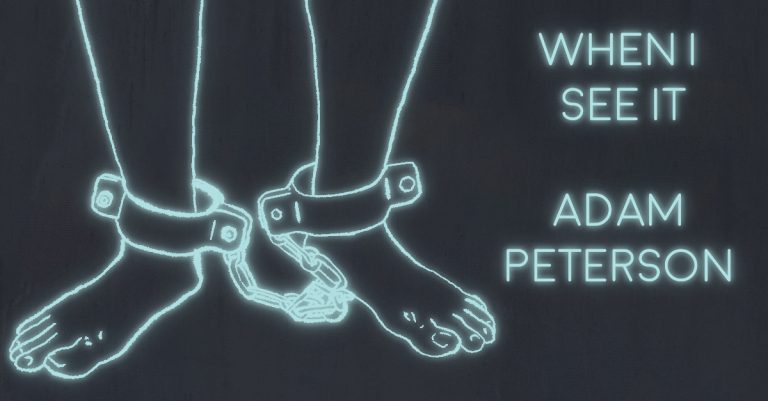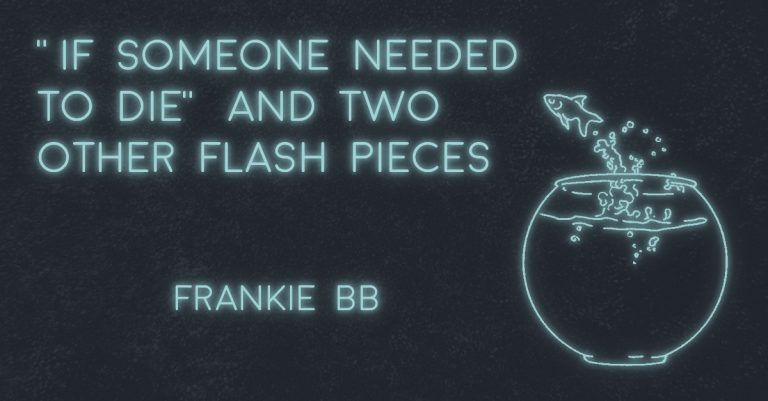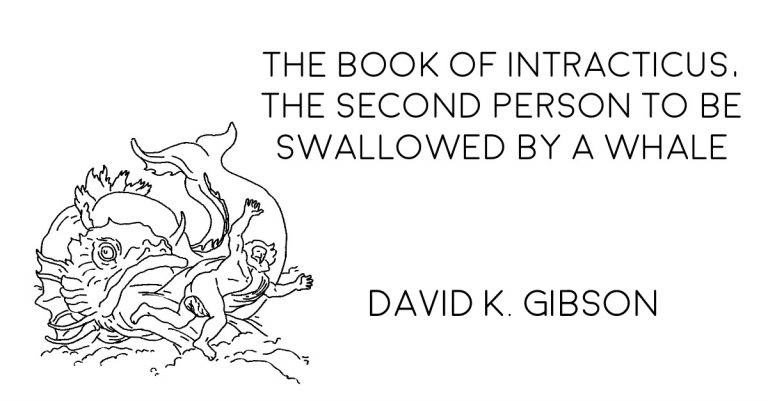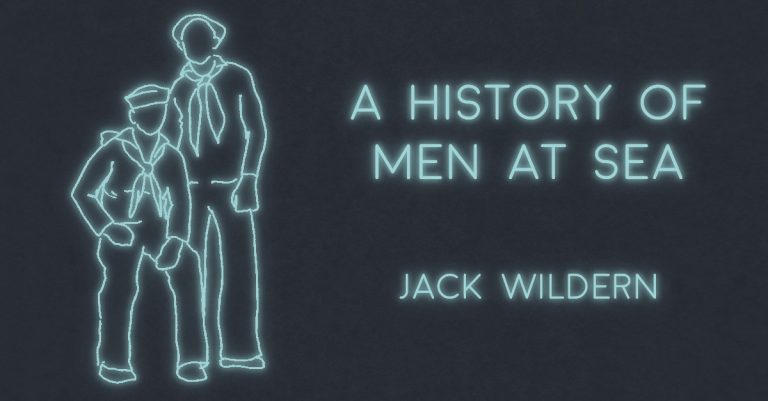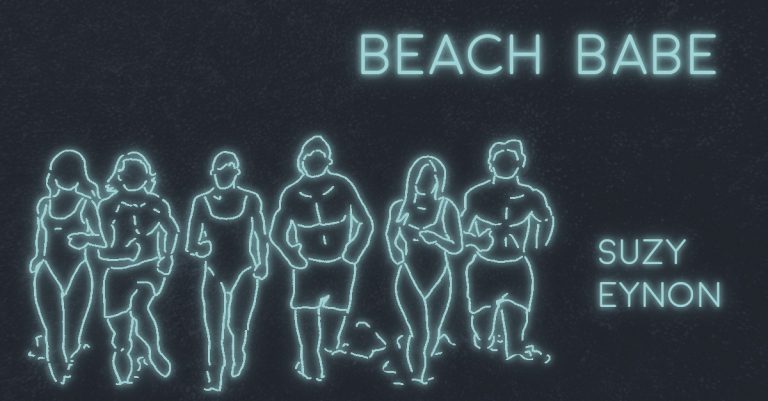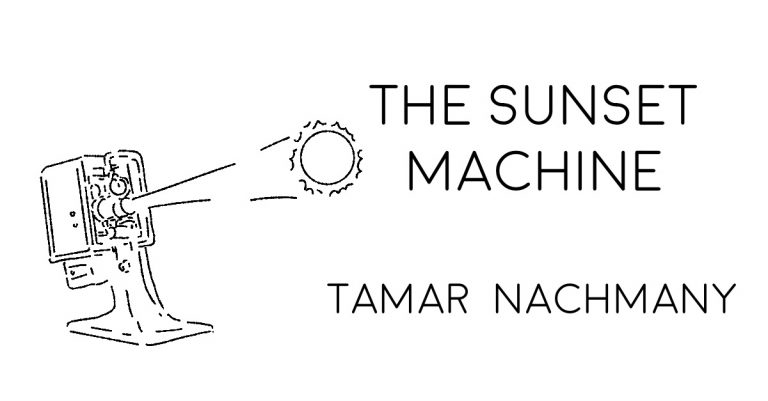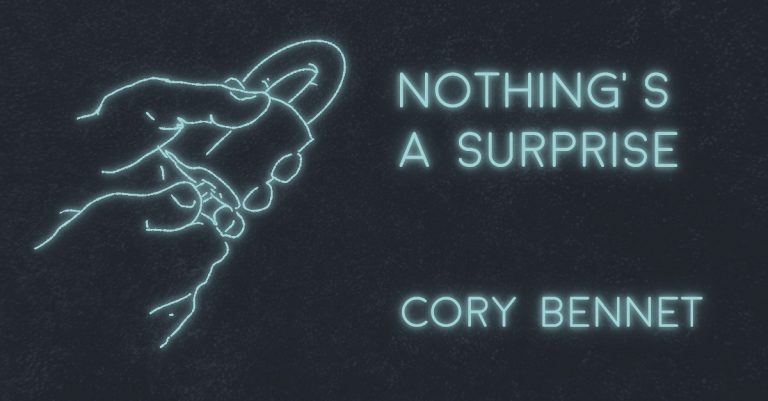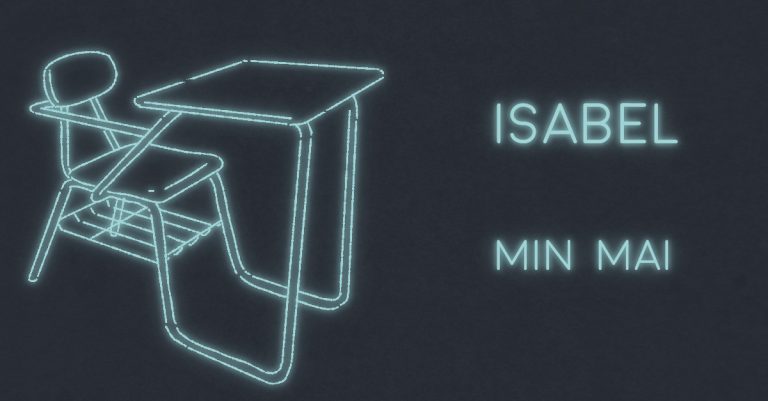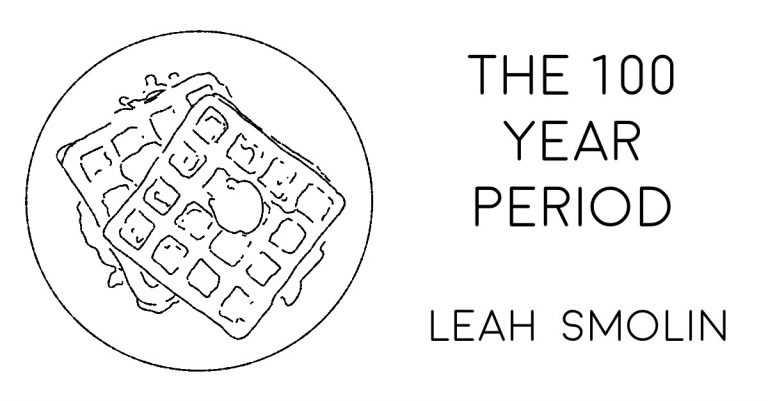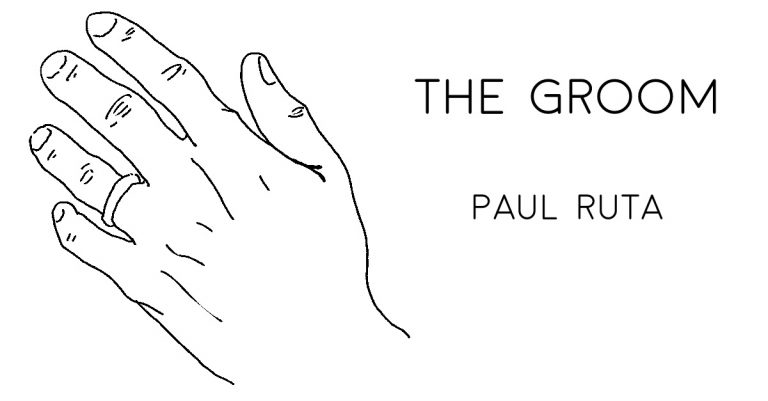
THE GROOM by Paul Ruta
I just work here, okay, so it weren’t my job to speak up when I dug the ring out of Prince’s hoof with my pick, packed into the groove there with the mud and manure. I stuck it in my pocket and said nothing cause they’d only take it away from me and they got no right. Anyhow it’s just a plain wedding band, but solid gold I reckon, so it’s gonna be worth something.

